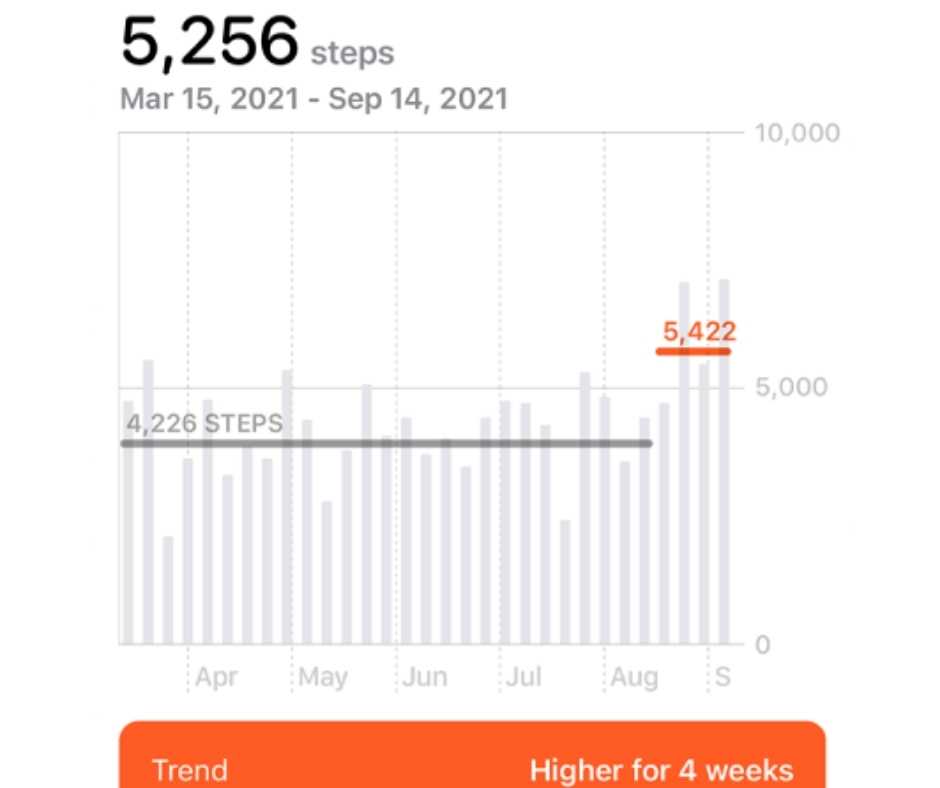AI is making inroads in the industry, with realtors adding algorithms and data pipelines into their decision-making processes.
However, before real estate companies can proceed to fully implement AI adoption, it’s important to take a step back and visualize the big picture in order to answer these important questions:
- Why is the real estate industry speeding towards AI adoption?
- Which industry processes will be significantly transformed by AI?
The real estate industry and its present rate of AI implementation.
The first of the myriad uses of AI in real estate occurred back in 2018 after an [1] AI-powered real estate deal. The outcome of this transaction was the acquisition of two properties in Philadelphia valued at $26 million. The buildings were acquired using an AI algorithm called “soon to market detection”. This came up after evaluating countless data points to establish whether the property had market potential. These included:
- Prospective financial value for the property
- The characteristics of the property and key performance indicators
- The likelihood of natural catastrophes in the region
- The supply of the soon-to-be-released units
- The status of the local property market
Today, AI in real estate has graduated from the shadows into the mainstream. According to Deloitte, spending on artificial intelligence will reach $97.9 billion by 2023, which marks a big leap from the previous years.
Deloitte also foresees a scenario where AI technologies will in a little while become the standard. This means that those companies that have already adopted AI will enjoy a good competitive edge, while those that haven’t will make giant strides in that direction.
Among the key benefits that come with AI-driven real estate technologies include:
- Process improvements
- Fine-tuning existing products and services, and
- Gaining a competitive advantage
- These benefits contribute significantly to revenue generation and overall business performance.
In fact, a survey by McKinsey & Company, reported that 63% of companies (in whichever industry) record an increase in revenue generation from AI implementation.
Applications of AI in real estate
Here are six ways in which artificial intelligence is transforming the real estate sector:
Lead generation
Real estate agents have a hard time generating potential leads for their different properties. They often end up spending several hours on engagements with unconvertible prospects. Artificial intelligence comes in to identify the best potential leads depending on the data collected from website visits, landing pages, and digital advertising.
A huge online real estate marketplace uses an AI-driven CRM that evaluates several data points to identify hot leads with a real intention of purchasing the property from its online visitors. The algorithm can also find out the type of property the prospect is searching for.
Content marketing
E-commerce companies are already reaping the benefits of AI-powered consumer apps and chatbots. Real estate companies are also making strides in this direction by using the same technology to deliver customized content directly to prospects.
The role of chatbots in content marketing is quite evident, as it influences the future of property business. According to a Real Estate Trainer, agents should respond to inquiries from potential clients within five minutes. It also states that over 78% of potential leads stick to the realtor who answers first.
AI-powered chatbots can respond to typical client queries without any pushy sales messages or frantic efforts to get a prospect’s contact details. Chatbots can be used in real estate to put forward the following question ideas to the prospect:
- What type of home do they prefer?
- What’s their budget?
- What’s their preferred property location?
A great example of a real estate player that uses AI for content marketing is PropertySimple. This property social media advertising tool designs creative property ads across social media platforms. It then employs AI technology to display the ads to the right prospects. It also provides feedback with real-time performance data on clicks, views, and demographics.
Property analysis and future valuation
What is the right price to buy a house today to sell it at a profit tomorrow? This is a question on the mind of every investment-centric property company. Conducting a valuation of an existing property and predicting its future market value is a tough job. The price is dependent on myriad factors and can change all at once. And thus, a realtor may not be able to keep track of all the small details. This is where AI in real estate comes in handy.
The more information property agents can avail to their prospective clients, the higher the chances of closing deals. AI technologies can help real estate companies provide correct, detailed information about a home to a client.
To profile a property listing, artificial intelligence in real estate combines existing market data as well as public information, including:
- Crime rates
- Transportation means
- Light sources
- Sound disturbance
- Schools
- Future development in the entertainment scene and dining
- Purchasing trends
AI can, for example, verify realtors’ adverts for ‘sunny’ homes by evaluating the seasonal light disparities and the time of day when the property allows in the most sunlight.
AI in real estate can also allow companies to know when’s the best time to acquire or sell a property and forecast future sale or rental prices. It can also employ a regression algorithm that considers property features like size, age, number of rooms, and home décor to arrive at a viable price range.
House search and recommendation
House searching apps use advanced search filters such as location, price, number of bedrooms, and size, among others. But it’s still hard to find a house because of the many unsuitable filters.
AI in real estate can help prospects make suitable choices by narrowing down their search to fewer and key criteria. This is because AI real estate suggestion engines work in the same way as other product suggestion engines such as the recently launched Amazon Personalize. They evaluate your property preferences and offer the best available options.
An online property marketplace called Trulia [9] employs AI-driven personalization to offer property recommendations. The website assesses the prospect’s preferences and other related information to make suggestions. It can show the right property based on a specific search term like “properties with a garage or backyard” or ‘homes with a swimming pool”. By collecting data and matching it against popular property search phrases, AI speeds up your property search with the best suitable recommendations.
Property management
Rental property management is a demanding task. There’s a lot involved in the process, including rental applications and transactions, generating lease agreements, and disclosure statements. AI technologies can help streamline property management in various ways. These include:
Creating documents automatically, hence allowing realtors to focus on other tasks. AI may also scan property documents for mistakes like empty fields, missing signatures, and so on.
The application of AI assistants and chatbots can boost communication between landlords, renters, and property managers. The chatbots can respond appropriately to common queries from renters and also automatically send utility bills and notices.
AI can take care of the accounting task. It can keep records of rental transactions, payables, and receivables. It can also update tax payments.
Virtual tours
The covid-19 pandemic curtailed movement across the globe, and the real estate industry was hugely affected. As such, it was forced to adopt AI technology to stay in business. Virtual tours are a new technological development in the real estate industry.
The AI-powered technology allows clients to enjoy 3D views of properties without stepping foot in the property location. It features capabilities such as zoom-in, spoken notes, and panorama view. This comes in handy, especially for properties located abroad or those still being constructed. Landlords and tenants can also conduct regular meetings without meeting in person.
[src: addepto.com]















